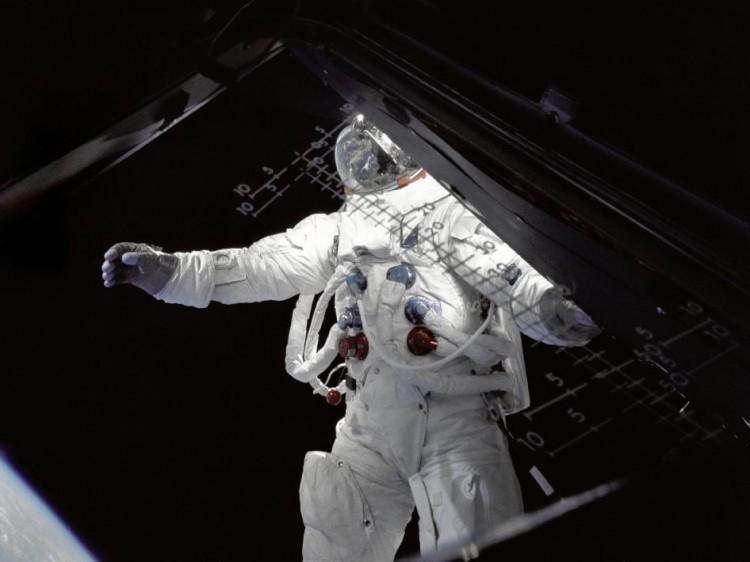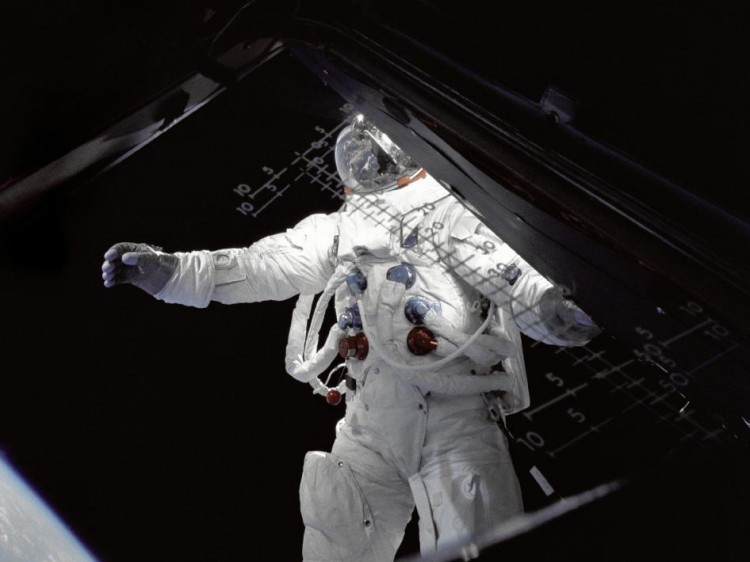Exposure to cosmic radiation during future long-term missions to Mars and other distant destinations might lead to an earlier onset of Alzheimer’s disease in astronauts, according to a new U.S. study.
Before leaving Earth, astronauts are protected from radioactive particles by our planet’s magnetic field. Outside Earth’s orbit, some protection is possible, for example if a warning is received of an impending solar flare. However, astronauts cannot be shielded from other types of galactic radiation, and more time spent in space means a greater chance of damage.
There are therefore serious health risks associated with NASA’s deep-space mission plans, such as to a remote asteroid in 2021, and a three-year trip to Mars in 2035.
The research team studied the effects on mice of a type of radiation called high-mass, high-charged (HZE) particles, which are rapidly propelled through space by exploding stars. Specifically, the team looked at iron particles, which can penetrate solid objects like a spacecraft’s protective shields, unlike the hydrogen protons from solar flares.
“Because iron particles pack a bigger wallop it is extremely difficult from an engineering perspective to effectively shield against them,” explained study senior author Dr. M. Kerry O'Banion at the University of Rochester Medical Center (URMC) in a press release.
“One would have to essentially wrap a spacecraft in a six-foot block of lead or concrete.”
The researchers looked at whether this radiation accelerates the indicators of Alzheimer’s disease, particularly in predisposed individuals.
Mice were exposed to various radiation levels, including the amount that would be experienced while traveling to Mars. Using memory tests, the team found that radiation made the mice less capable. Their brains also exhibited vascular changes and higher accumulations of beta amyloid, the protein “plaque” associated with Alzheimer’s disease.
The findings were published in PLOS ONE on Dec. 31.
The Epoch Times publishes in 35 countries and in 20 languages. Subscribe to our e-newsletter.






